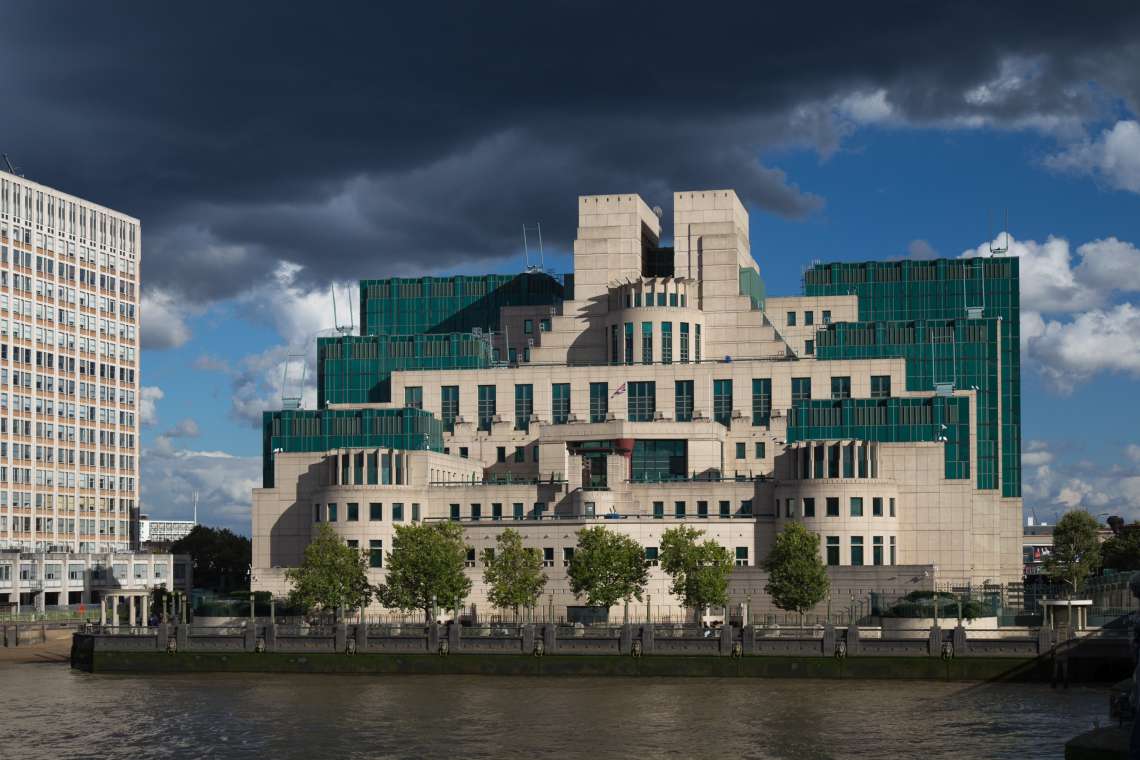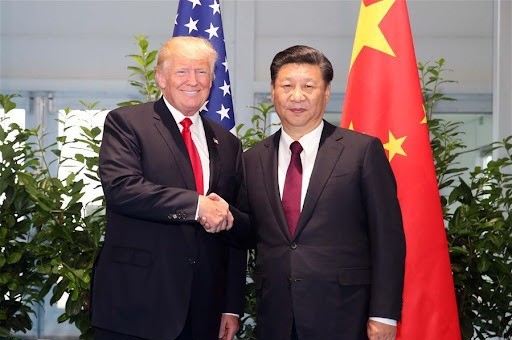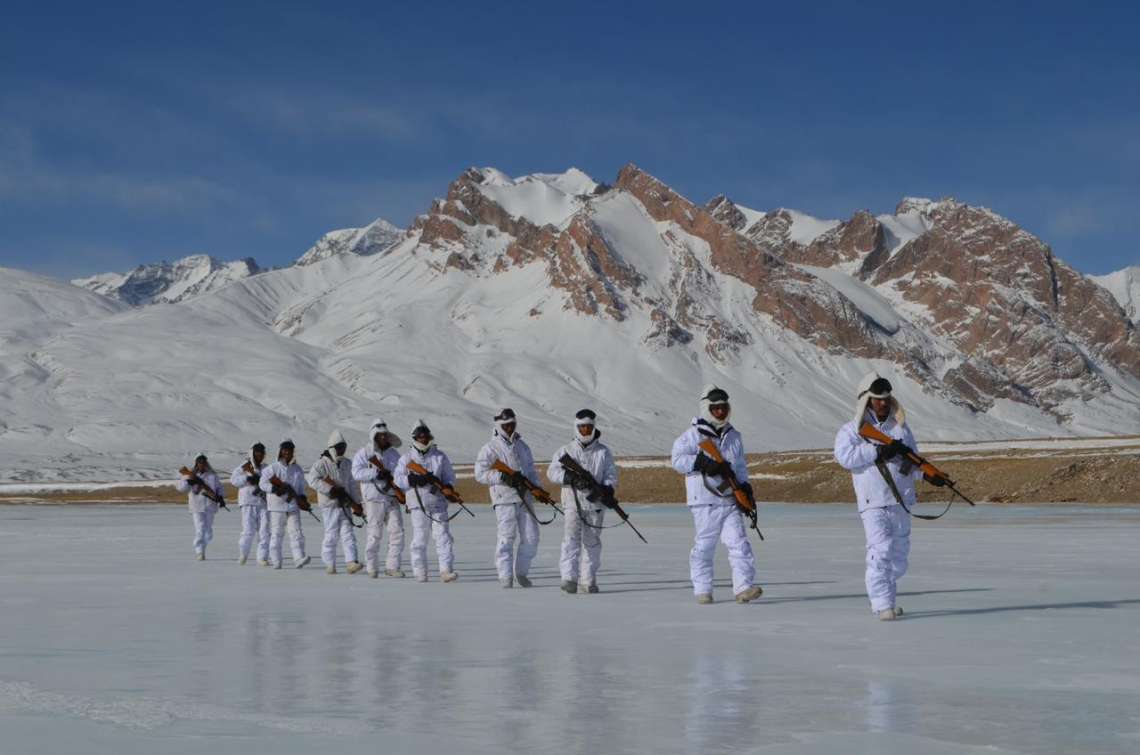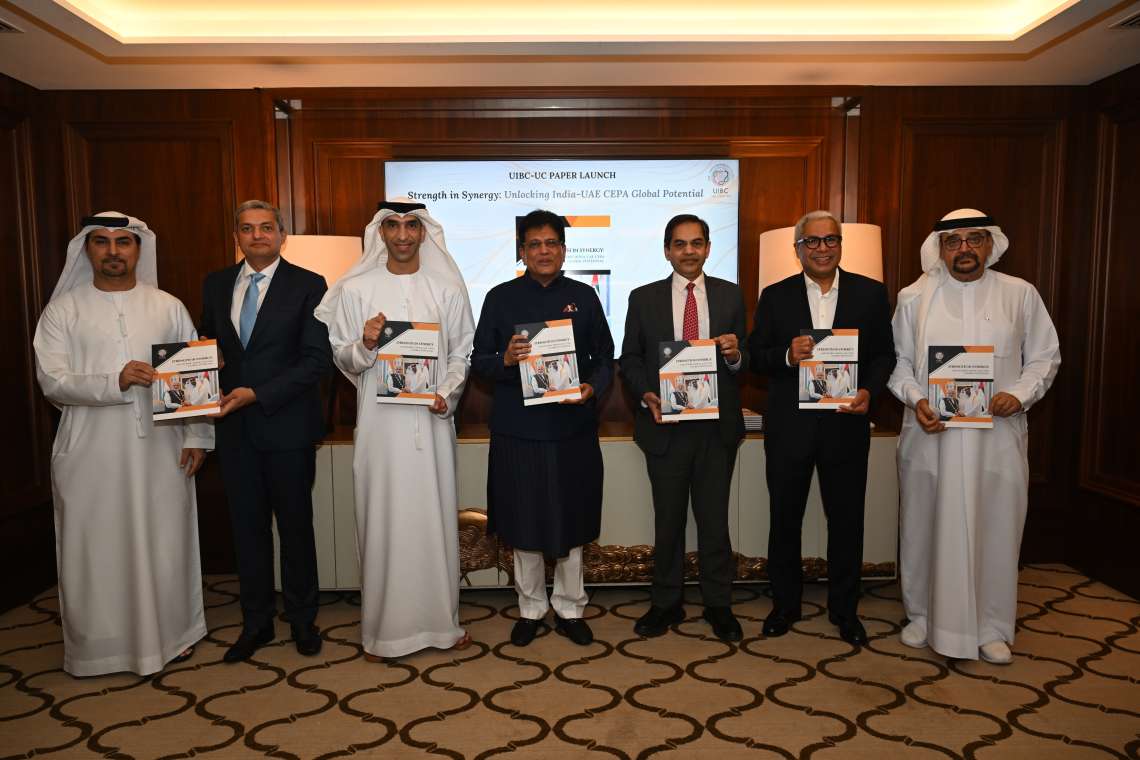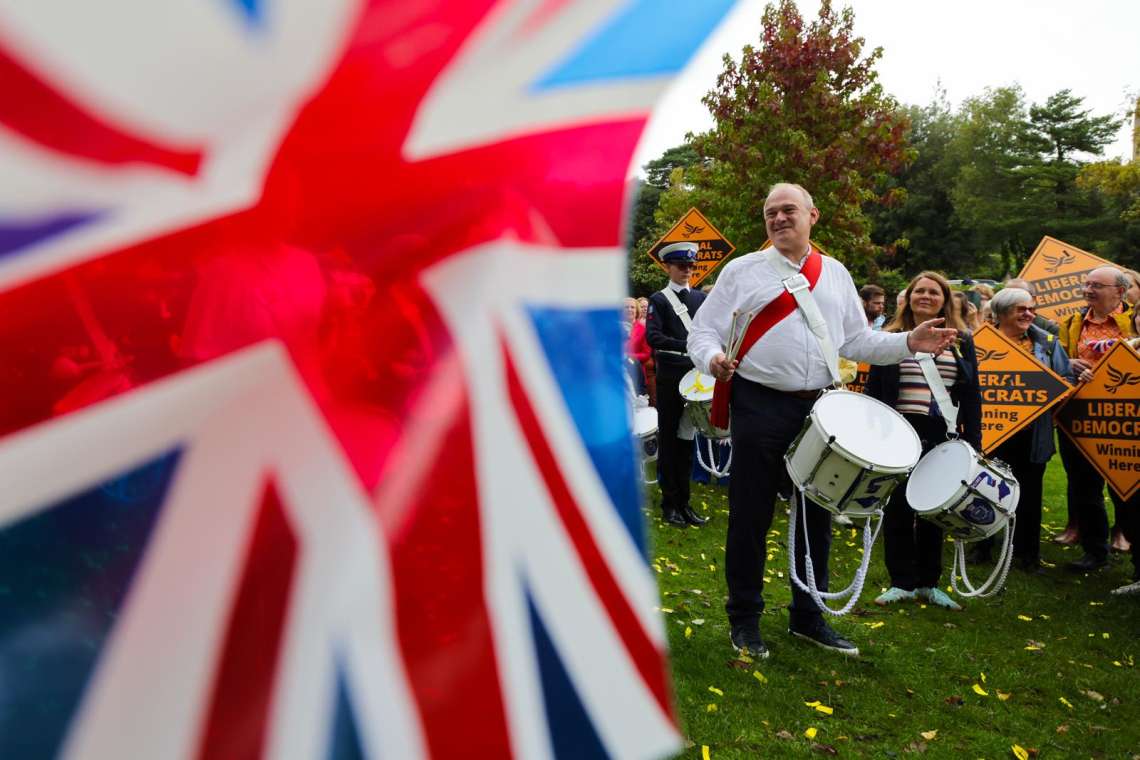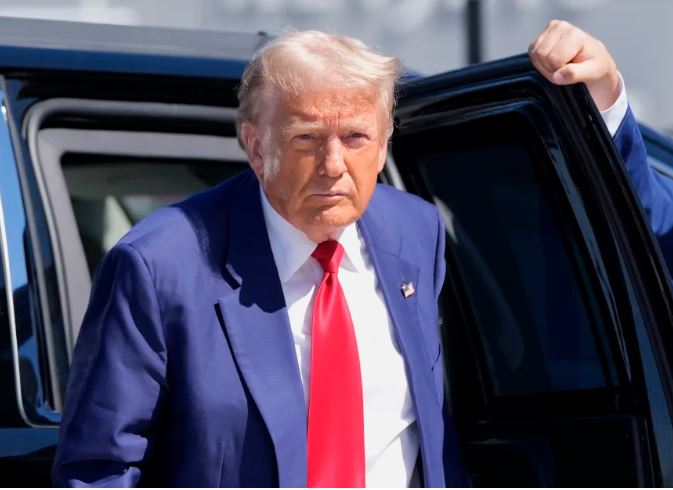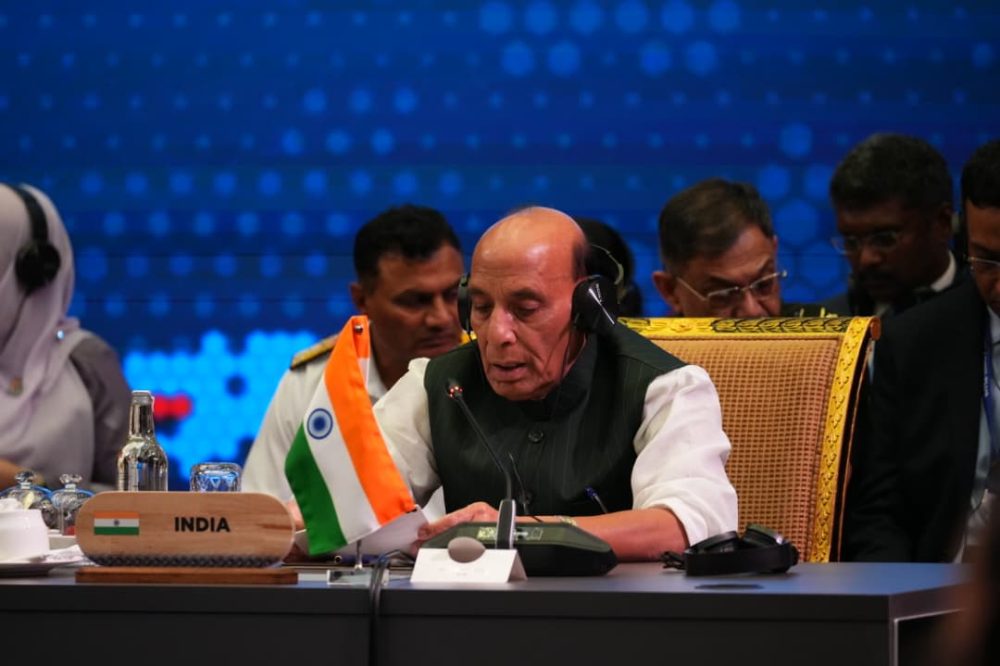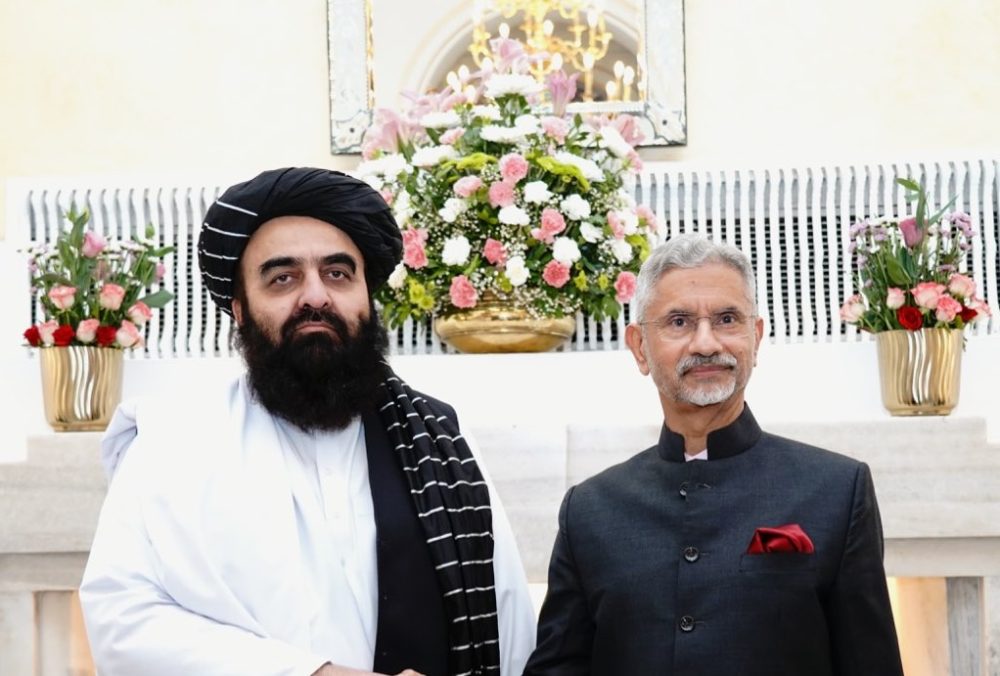Outgoing MI6 chief warns of global threats from Russia, China, Iran and Islamist groups in final speech before stepping down
Richard Moore, the outgoing head of Britain’s Secret Intelligence Service, used his final public appearance on Friday to issue a sweeping assessment of the challenges facing the West, warning of a volatile mix of geopolitical rivalry, nuclear ambitions and extremist threats.
Speaking in Istanbul, Moore — who has served as Chief of MI6 since 2019 — highlighted Russia’s war in Ukraine as the most immediate danger, but warned that China, Iran and Islamist groups such as Daesh and al-Qaida were also at the forefront of the agency’s concerns. He is due to step down later this month after five years in post.
A career diplomat and intelligence officer, Moore devoted much of his address to the situation in Ukraine, describing Russia’s war as the defining security test for Europe. He accused Moscow’s partners — notably China, Iran and North Korea — of keeping President Vladimir Putin’s war machine alive. Chinese support, he said, came both diplomatically and through the supply of so-called “dual use” goods such as electronic components and chemicals. These flows, Moore argued, had “prevented Putin from reaching the conclusion that peace is his best option.”
The MI6 chief, known by the traditional codename “C,” struck a firm but measured tone on Beijing. Britain, he said, sought a “respectful and constructive relationship” with China, but only if Beijing adhered to “established rules of engagement and non-interference.” He described the Chinese state as straddling “that dichotomy of opportunity and threat,” pointing to evidence of Chinese espionage against political, defence and business targets in Britain.
On Iran, Moore repeated long-standing Western concerns over Tehran’s nuclear ambitions. He warned against what he called Iran’s “blind pursuit of a strategy that destabilises their neighbourhood and puts them at odds with much of the rest of the world.” A nuclear-free Iran, he insisted, remained a strategic priority.
Western governments and Israel have long accused Iran of seeking nuclear weapons capability, something Tehran denies. Tensions escalated sharply in June during a 12-day conflict between Iran and Israel, when Israeli airstrikes targeted Iranian nuclear facilities. The standoff has only deepened since 2018, when the United States withdrew from the international accord designed to limit Iran’s nuclear programme. Since then, Tehran has gradually abandoned its commitments, expanding uranium enrichment and reducing cooperation with the International Atomic Energy Agency.
Moore said that hopes of reviving negotiations had been further derailed by the war in Gaza. He called for an end to what he termed the “further appalling suffering of innocent Palestinians,” adding that a genuine regional reset would require “a change of mentality in Tehran, not yet detected in our intelligence.”
Turning to extremism, Moore warned that while Daesh and al-Qaida had been “damaged,” they were far from defeated. Both, he said, were seeking to re-establish themselves and were increasingly adept at exploiting technology to spread “violent ideologies online.” The answer, he argued, lay not only in intelligence cooperation but also in political leadership. “Good partnerships and leaders who address the root causes of radicalisation are necessary to defeat efforts to terrorise,” he said.
Moore also acknowledged the challenges of leading Britain’s intelligence service in an era of rapid technological change. He praised the work of his successor, Blaise Metreweli, who will become the first woman to serve as “C” in MI6’s 115-year history. Metreweli, who previously held the agency’s “Q” role overseeing technological innovation, was lauded by Moore for her “formidable expertise and deep experience.”
In a lighter moment, Moore referred to the tradition of MI6 chiefs signing official documents in green ink. “I am now hanging up my cloak, returning my imaginary dagger to its scabbard and handing over my famous green pen,” he said, drawing laughter from his audience.
The speech reflected both the scale of the challenges confronting Britain’s intelligence community and the continuity of leadership as Metreweli prepares to take charge. Analysts said Moore’s warning about the interlocking threats posed by Russia, China, Iran and Islamist groups underscored the degree to which the security environment has hardened since he took office five years ago.
Moore, a fluent Turkish speaker and former ambassador to Ankara, was appointed MI6 chief in October 2020 by then prime minister Boris Johnson. He has overseen the service through the Covid-19 pandemic, the fallout of the US withdrawal from Afghanistan, the Ukraine conflict and a sharpening global competition in technology and espionage.
His parting words in Istanbul suggested that MI6’s priorities will remain largely unchanged under Metreweli: containing Russia’s aggression, managing the complexities of relations with China, deterring Iran’s nuclear programme, and continuing the long struggle against jihadist extremism.
For Britain and its allies, Moore said, the world remains fraught with risks but also with opportunities. “Our task,” he concluded, “is to see clearly, to warn faithfully, and to act wisely.”


